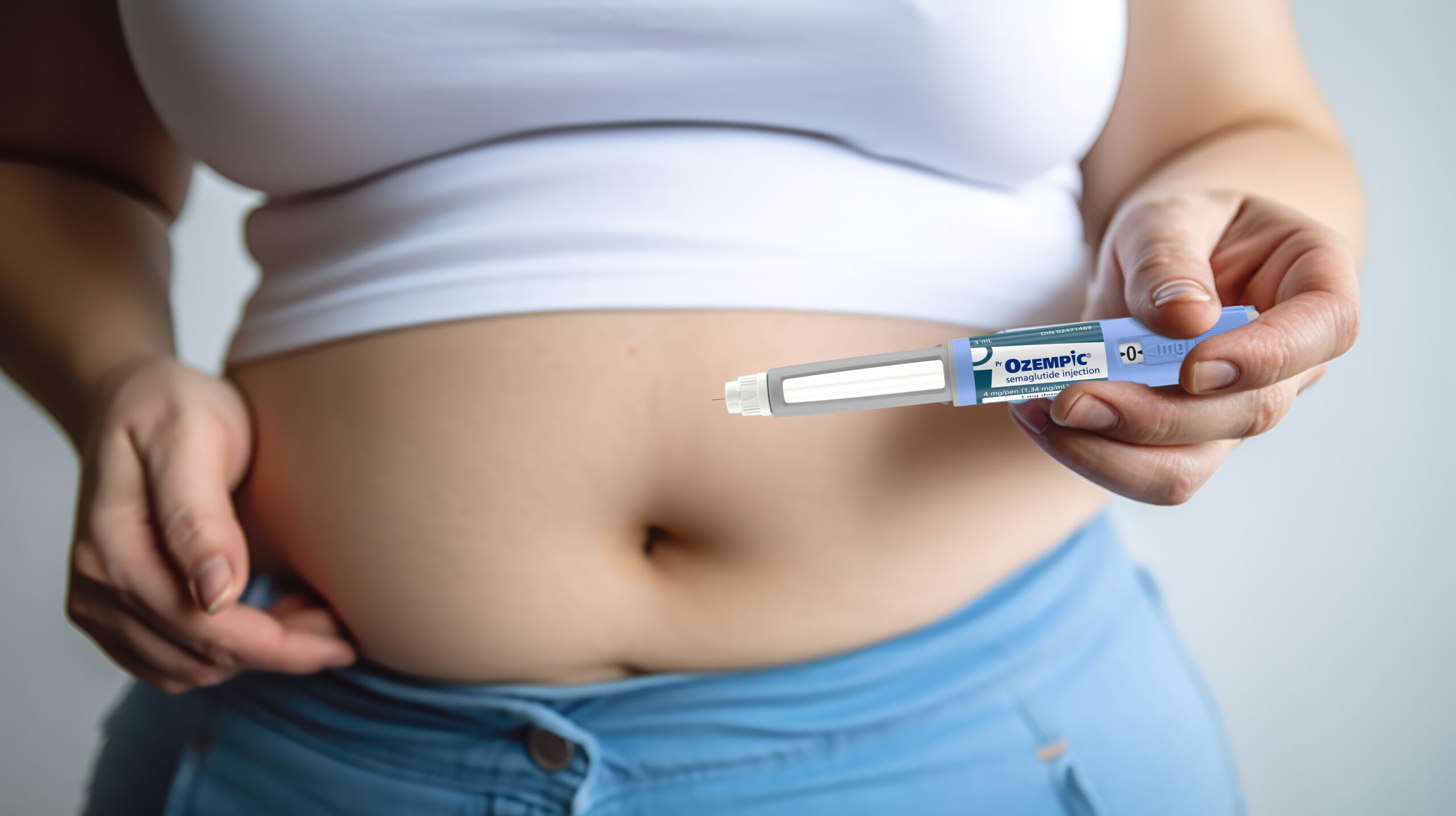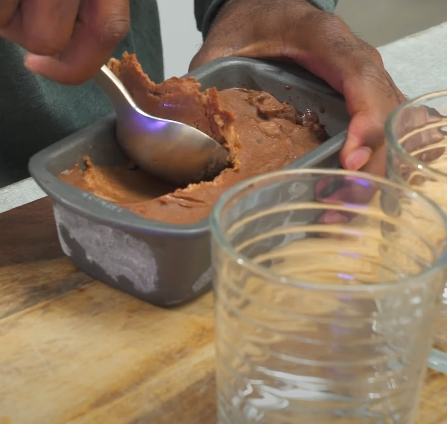Following up on our last article involving immune support and COVID-19, Thailand Medical News recently reported that, “a new research study by researchers from Wenzhou Medical University in Zhejiang province lead by Dr. Don Chen revealed that almost all Covid-19 patients exhibited hypokalemia, and that supplementation with potassium ions was one of the many factors that assisted in their recovery.”
Hypokalemia is low level of potassium (K+) ions in the blood serum, which can cause excess fatigue, leg cramps, weakness, and constipation. Low potassium also increases the risk of an abnormal heart rhythm, which is often too slow, that may lead to cardiac issues.
Potassium is an intracellular mineral – electrolyte – with 80% being found in muscle cells. The recommended daily intake of potassium can vary by age, but generally in the range of 4700 milligrams per day for adults. Good sources of potassium in the diet include bananas (358 mg), sweet potato (670mg), spinach (cooked 466mg), salmon (cooked 414mg), and avocado (485mg).
Before you use a potassium dietary supplement to help with immune support, check with your physician, since overdosing may affect heart rate, especially for people with underlying medical conditions.
In a separate March 3rd. statement on Orthomolecular.org, “the government of Shanghai, China has announced its official recommendation that COVID-19 should be treated with high amounts of intravenous vitamin C. Dosage recommendations vary with severity of illness, from 50 to 200 milligrams per kilogram body weight per day to as much as 200 mg/kg/day. These dosages are approximately 4,000 to 16,000 mg for an adult, administered by IV (intravenous drip).”
Mayoclinic.org says the, “(adult) recommended daily amount for vitamin C is 65 to 90 milligrams (mg) a day, and the upper limit is 2,000 mg. a day, which may be closer to what’s needed to heighten the immune system during challenging times. Too much oral vitamin C, consumed at one time, may cause a transitory diarrhea, so it’s best to split the intake over time – with meals for better absorption. Let your doctor guide you, as to how much vitamin C you should take for immune support.
Interested in reading more? Check out COVID-19: Immune Support Update






